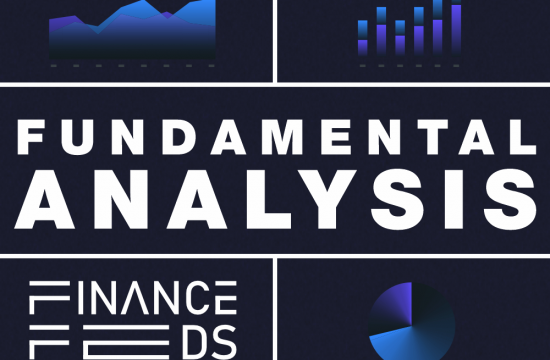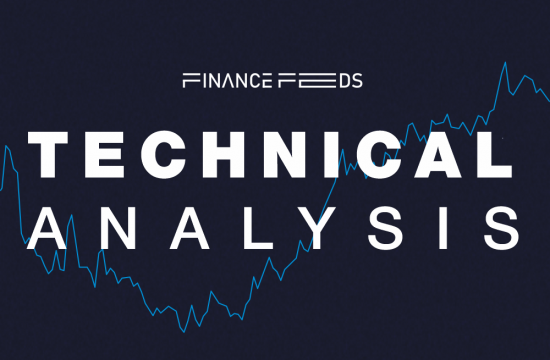Geoffrey Weli-Wosu, Co-Founder of Voguepay.com and Domineum.io firms which specialise in online payment services and blockchain technology shares his view of Open banking. The entrepreneur shares his view on what he believes has the potential to cause a major revolution and become next wave in financial services industry – Open Banking. So what exactly is this Open Banking? Put in simple terms, it is a system that facilitates third party access to financial data via use of application programming interfaces (APIs). Since the adoption of Payment Services Directive 2, the second revision of regulations put forward by European Union towards payment services inside the common economic zone, there has been a sharp increase in movement towards adoption of Open Banking system across banks and financial service providers from UK, European and Asian market regions.
The system which emerged as part of PSD 2 allows customers a greater control over the use of their data by financial service providers. In simple terms, the system is an initiative that allows clients of bank to view all of their bank/payment accounts and bills in one place via third party API’s. The implementation of Open Banking System is said to facilitate automatization of payments and verification of credit worthiness of a person however, like any emerging piece of technology Open Banking system also comes with its own set of Pros and Cons. Some of the most obvious such pros and cons are listed below.
The Advantages of this system include:
Ø Facilitation of fair pricing and competition which allows clients to gain better deals.
Ø Reduction of barriers faced by financial service providers in current market
Ø Clients gain high degree of control over the data they share with banks & financial firms.
The Disadvantages of this system include:
Ø Owing to its nature of being focused entirely on financial services sector, it creates scenario of unequal benefits and unfair practises when involvement of non-financial firms comes into play.
Ø Such third party non financial service providers can gain more benefits via open banking initiative while hiding their own private data which leads to information asymmetries.
Ø There is high risk to personal data which can now be easily misused leading to unstable environment in banking industry.
Such disadvantages are created in similar situation to time frame of emergency in blockchain and crypto currencies. Put simply, a clear lack of proper rules and regulation in open banking environment creates a scenario with highly lacking financial controls making dispute resolutions very difficult. However, once there issues are addressed and proper regulatory framework is put in place, bringing about greater degree of control over operations involving open banking system, Mr. Geoffrey believes this will become the next wave of innovation in modern technology driven financial services industry.
Commenting on Open Banking system, Mr. John Broxis – Managing Director of Preta/Open Banking Europe said “With this work, we are pleased to continue the mission of Open Banking Europe to describe and standardise Open Banking Practices in Europe following the implementation of PSD2”.
Speaking on same note, Mr. Simon Paris – CEO at Finastra says “It’s encouraging to see Open Banking maturing on a global scale but it’s still seen by many to be in its teenage years with scope for creating even greater opportunities. We believe it will be the first step towards open finance which will see the next wave of innovation in financial services being created”.










